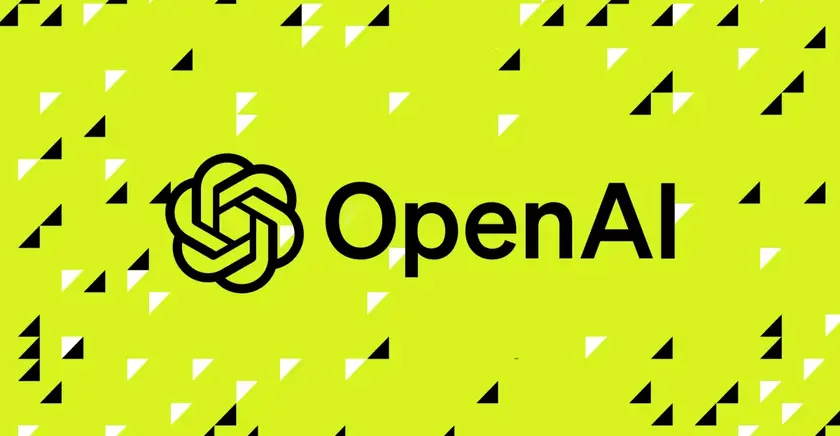T4K3.news
Google's AI-based bug hunter finds security flaws
Google's AI tool has identified 20 vulnerabilities in popular open-source software.

The findings from Google's AI bug hunter mark a significant advancement in automated security.
Google's AI-based bug hunter identifies 20 security vulnerabilities
Google has revealed that its AI-powered bug hunter, known as Big Sleep, identified 20 vulnerabilities in popular open-source software. Announced by Heather Adkins, the vice president of security at Google, these findings mainly affect software like FFmpeg, a widely used audio and video library, and ImageMagick, an image-editing suite. While specific details on the severity of these vulnerabilities are not yet available, as Google withholds this information until fixes are in place, the discovery itself highlights the effectiveness of AI tools in finding security flaws. Kimberly Samra, a spokesperson for Google, emphasized that although humans verify the reports, each vulnerability was initially detected by the AI without human intervention.
Key Takeaways
"We’re getting a lot of stuff that looks like gold, but it’s actually just crap."
Vlad Ionescu critiques the reliability of some AI-generated bug reports.
"This demonstrates a new frontier in automated vulnerability discovery."
Royal Hansen's statement reflects optimism about AI's role in security.
This milestone suggests a turning point in cybersecurity, with AI taking a more central role in vulnerability discovery. While tools like Big Sleep can automate parts of the process, the reliance on human experts for verification is critical to ensure trustworthiness. This dual approach exemplifies the potential efficiencies AI can bring to security while also highlighting existing challenges, such as the risk of false positives, which could overwhelm developers. Companies will need to weigh the benefits of these tools against the potential complications they may introduce into the software development cycle.
Highlights
- AI is finding vulnerabilities faster than ever before.
- The future of cybersecurity lies in the hands of AI bug hunters.
- Human verification is still essential for AI-generated findings.
- Not all AI findings are gold; some may be worthless.
Concerns about AI-generated vulnerabilities
There are significant risks associated with AI-produced bug reports, including false positives that may mislead developers. This issue raises questions about the reliability of these automated systems and their impact on software security management.
As AI tools evolve, the landscape of cybersecurity may shift dramatically.
Enjoyed this? Let your friends know!
Related News

OpenAI unveils secure ChatGPT Agent feature

OpenAI halts ChatGPT feature after privacy leak

Top AI firms warn about loss of monitoring ability

New hotfixes released for World of Warcraft gameplay issues

OnePlus Nord 5 launched with impressive features

Cursor AI Code Editor Patch Released

OpenAI to launch GPT-5 in August

Fartcoin gains attention in crypto community
